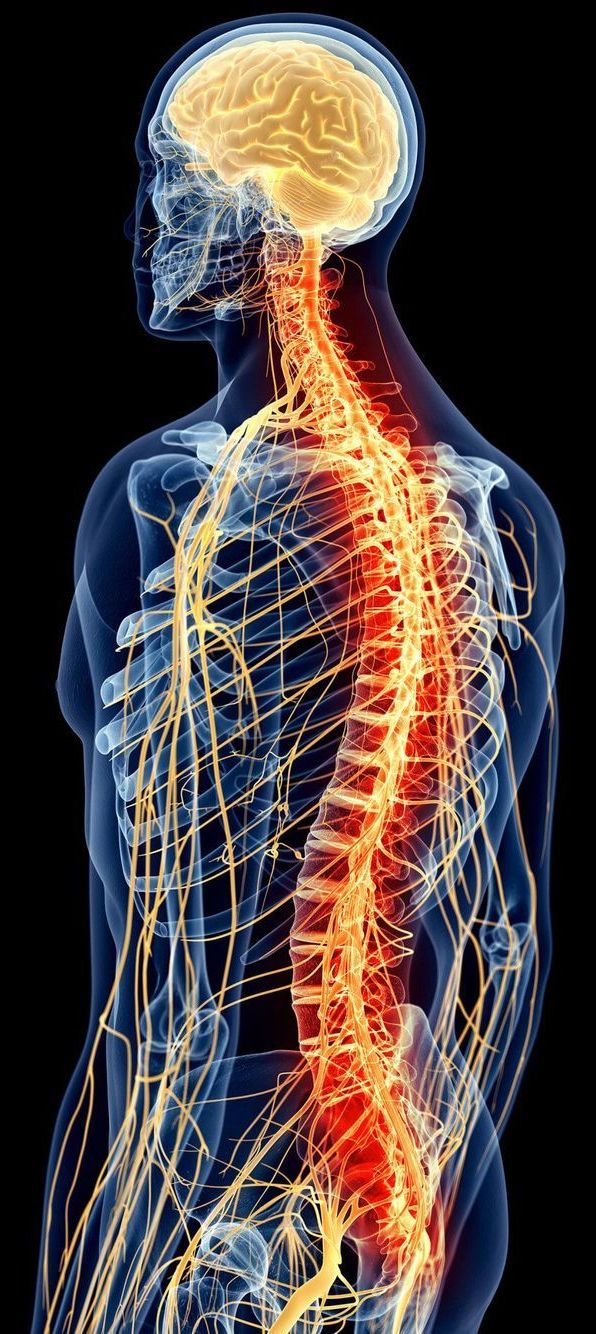Neuroregeneration entails not only neurogenesis, but also regrowth of lost connections and birth of non-neuronal cells. While adult neurogenesis in humans is only known to occur definitively in a few precisely circumscribed regions of the brain, work in other species suggests that science has only scratched the surface of the full regenerative potential of our own nervous systems.
The serotonergic system has widely been shown to control many aspects of neuroregeneration. In some regions, it facilitates neurogenesis, while in others, it seems to inhibit it. In the case of inhibition, a recent example has been published in PLOS Biology. The authors used a zebrafish model of Alzheimer’s disease to show that amyloid-induced interleukin-4 (IL4) promotes neurogenic stem cell proliferation by suppressing the production of serotonin. In these animals, there is a unique neuro-immune interaction through which IL4 secreted by dying neurons activates microglia. In turn, microglia reciprocate by revving up neural stem cell proliferation.
